Onward to The United Kingdom
Specific Diseases
Advertisement
Tick-borne encephalitis (TBE): Also known as Central European encephalitis or Russian spring-summer encephalitis, this infection is transmitted by the bite of an infected tick or (rarely) by partaking unpasteurized dairy products. The causative agent is a flavivirus that attacks the central nervous system. Travelers who engage in outdoor activities such as camping, hiking or collecting things in wooded areas, especially in spring and summer, maybe exposed to this risk. Since the risk of infection depends on the geography and distribution of infected ticks in an area, travelers are advised to gather prior information on the situation and take a vaccine, if necessary, before visiting such an area.
Creutzfeldt-Jakob Disease (Variant): vCJD is a fatal brain disease in humans that is strongly evidenced to be transmitted from cattle affected with bovine spongiform encephalopathy (BSE) or “mad cow disease”. Ingesting cattle products such as beef, contaminated with the BSE agent, is said to be one of the main causes of human entry.
Of the192 vCJD cases reported worldwide between 1995 –2006,162 are from the U.K. In fact, the first reported cases of BSE were from the U.K.
The risk for travelers cannot be accurately determined simply because there are too many variables involved -like the incubation period of the agent (from exposure to manifestation of the disease), effectiveness of monitoring and /or control measures adopted by the country being visited, etc. So, travelers to U.K. are advised to refrain from eating beef and its products, especially in areas where contamination is evident.
Avian influenza virus (H5N1): The current alert status worldwide for this virus is still at Phase 3 or Pandemic alert. Travelers are recommended to take influenza shots before embarking on travel. If travel does involve places affected by the H5N1 virus, travelers are advised to take precautions such as
Travelers’ diarrhea: It is an uncomfortable and unpleasant gastrointestinal disorder that affects many a traveler. Most food items available follow hygienic preparation methods. However this is one problem that cannot be predicted. To prevent diarrhea ruining your vacation, just follow these easy tips:
Creutzfeldt-Jakob Disease (Variant): vCJD is a fatal brain disease in humans that is strongly evidenced to be transmitted from cattle affected with bovine spongiform encephalopathy (BSE) or “mad cow disease”. Ingesting cattle products such as beef, contaminated with the BSE agent, is said to be one of the main causes of human entry.
Of the192 vCJD cases reported worldwide between 1995 –2006,162 are from the U.K. In fact, the first reported cases of BSE were from the U.K.
The risk for travelers cannot be accurately determined simply because there are too many variables involved -like the incubation period of the agent (from exposure to manifestation of the disease), effectiveness of monitoring and /or control measures adopted by the country being visited, etc. So, travelers to U.K. are advised to refrain from eating beef and its products, especially in areas where contamination is evident.
Avian influenza virus (H5N1): The current alert status worldwide for this virus is still at Phase 3 or Pandemic alert. Travelers are recommended to take influenza shots before embarking on travel. If travel does involve places affected by the H5N1 virus, travelers are advised to take precautions such as
- Avoiding contact with all kinds of birds and their nests, droppings, etc.
- Covering nose and mouth with a mask
- Frequent washing of hands
- Coughing or sneezing into tissues and disposing these properly
Travelers’ diarrhea: It is an uncomfortable and unpleasant gastrointestinal disorder that affects many a traveler. Most food items available follow hygienic preparation methods. However this is one problem that cannot be predicted. To prevent diarrhea ruining your vacation, just follow these easy tips:
- Avoid eating or drinking unhealthy foods or drinks
- Carry your own supply of bottled water
- Avoid eating raw or uncooked preparations, however tempting the feast may appear
- Remember to wash hands with soap and water before cooking or eating





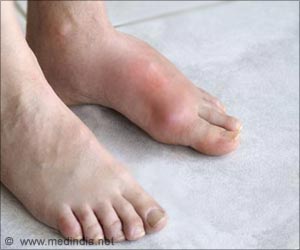
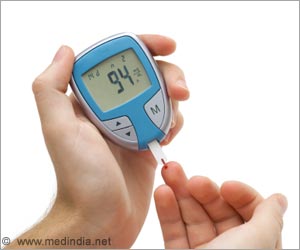
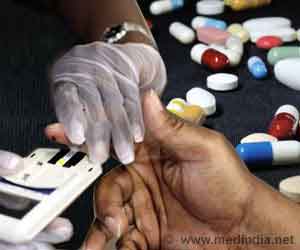
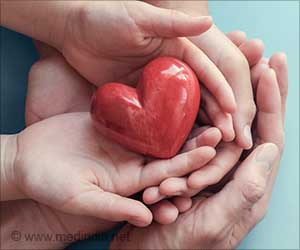
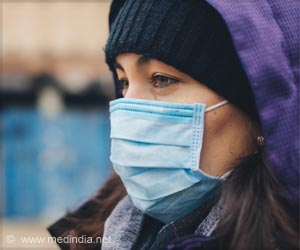
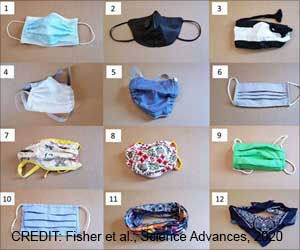

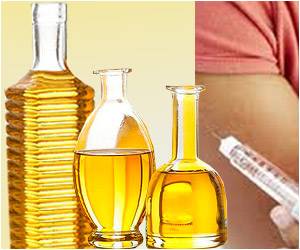

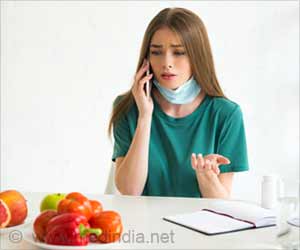

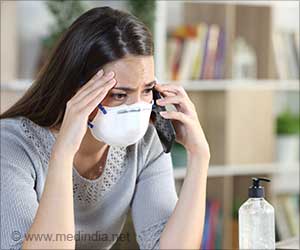

Post your Comments